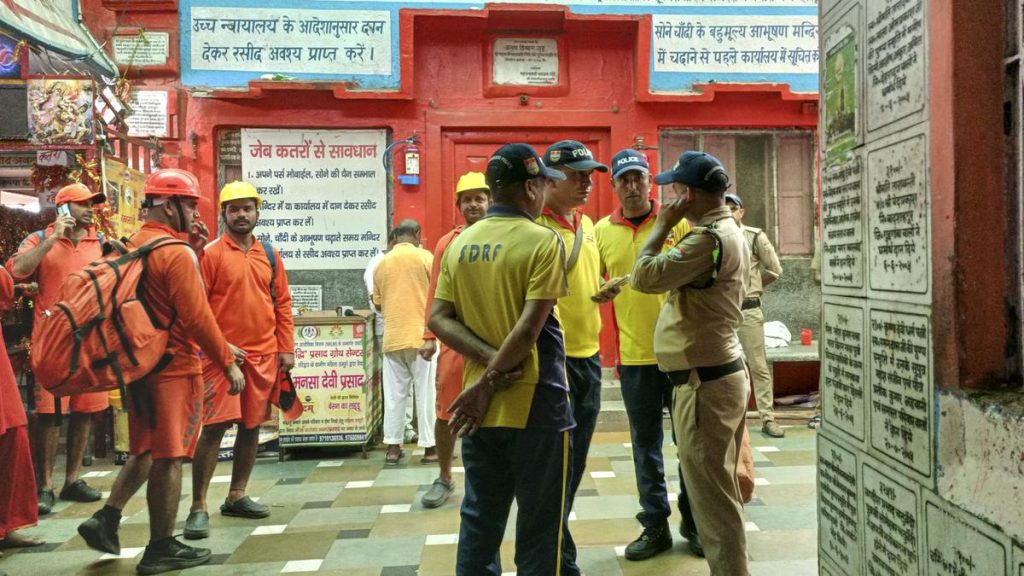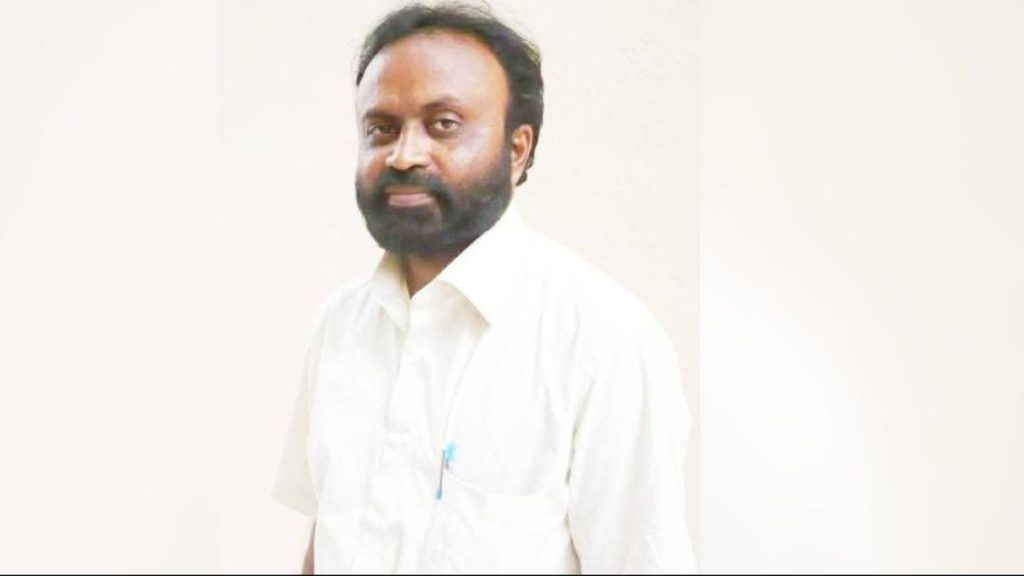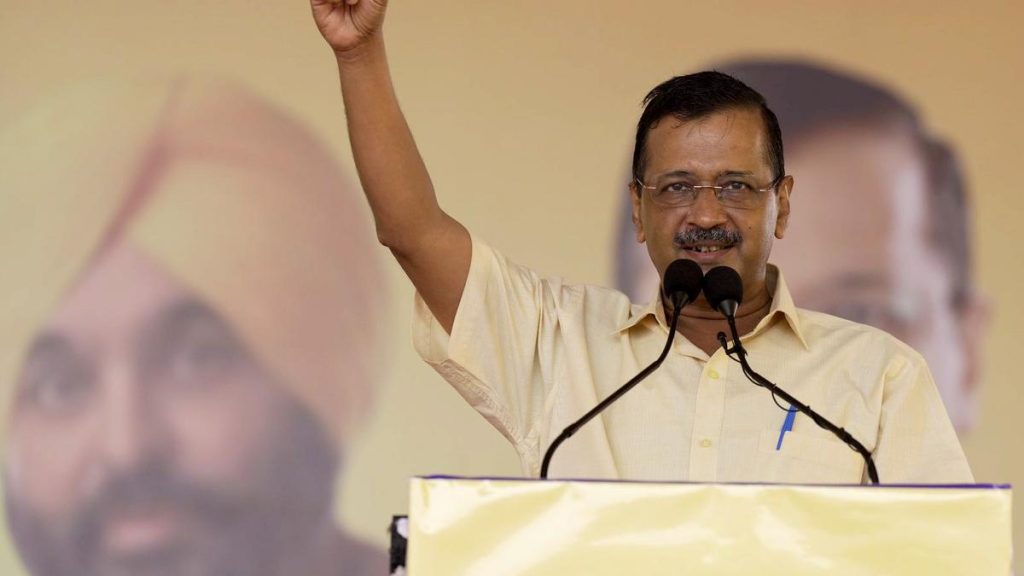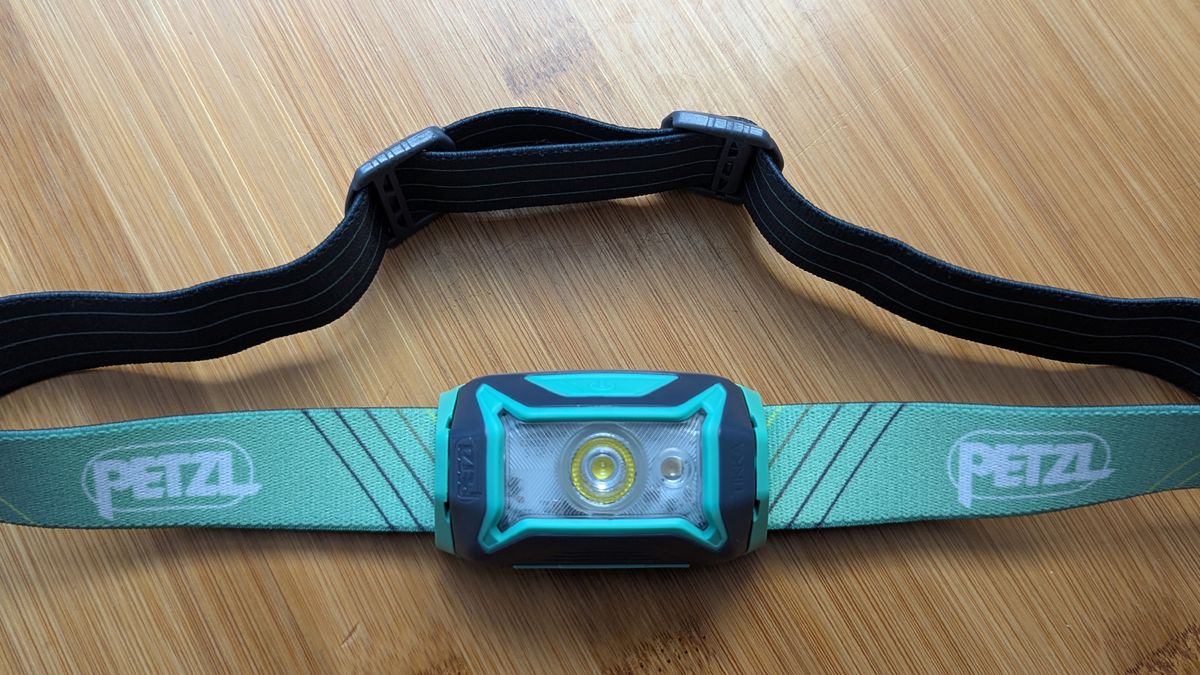Now Reading: SC Questions Opposition to Spyware Use for Tracking Terrorists
-
01
SC Questions Opposition to Spyware Use for Tracking Terrorists
SC Questions Opposition to Spyware Use for Tracking Terrorists

Quick Summary:
- The Supreme Court of india questioned petitioners on their objections to the use of spyware, stating that it might be necessary for national security.
- Petitioners, including senior advocates Kapil Sibal, Shyam Divan, and Dinesh Dwivedi, sought disclosure of the court-appointed Justice R V Raveendran committee’s report on alleged misuse of Pegasus spyware.
- The spyware controversy began in 2021 when allegations arose about its use to surveil politicians (including some from the ruling party), journalists, and others.
- The committee found no conclusive evidence of misuse but did identify suspected interception in a few cases; only a limited number of people submitted phones for examination.
- Solicitor General Tushar Mehta maintained India’s security concerns could not be debated via motivated petitions; some petitioners pushed for redacted versions of the report to be made public.
- The bench highlighted its judgment and emphasized care wiht sensitive matters due to implications on sovereignty and safety.
Indian Opinion Analysis:
The Supreme Court’s remarks reflect a delicate balance between respecting citizens’ privacy rights and safeguarding national security interests. While petitioners advocate transparency regarding Pegasus spyware allegations-especially amid claims from international bodies like WhatsApp acknowledging hacks-the government asserts that such disclosures could weaken India’s ability to respond effectively against threats like terrorism or foreign interference.
The refusal to publicly release the Justice R V Raveendran committee’s findings indicates judicial caution over sensitive data potentially becoming grounds for public speculation or misuse. Nonetheless, concerns remain about accountability when advanced surveillance tools are involved. As global debates around tech-driven monitoring grow sharper-potential implications exist here not just legally but ethically too regarding personal freedoms versus collective protection.Read More
























